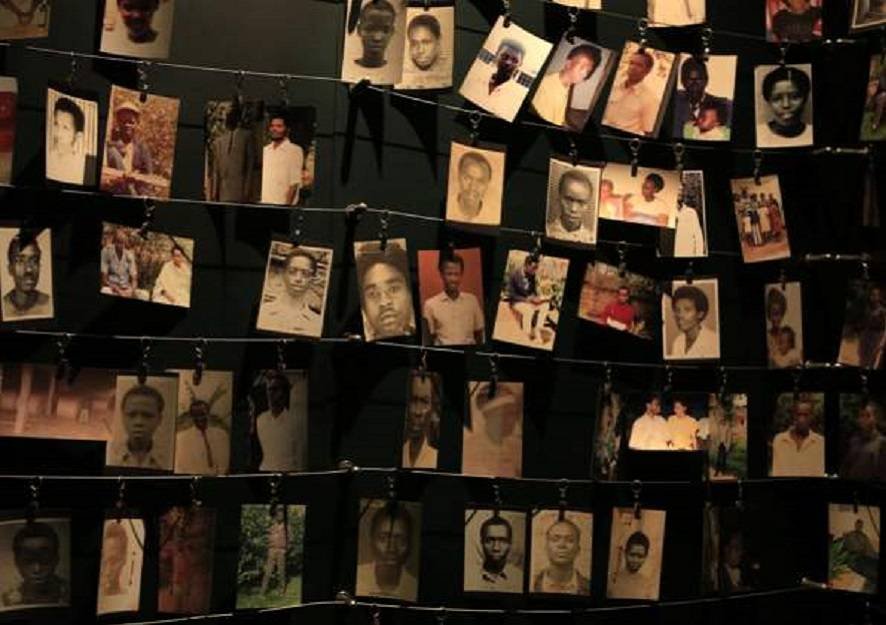In a bid to redeem its taunted image and role in the Rwandan genocide and improve its relations with the East African country, France has for the first time made public its archive related to the genocide. About 8,000 archive documents including some that were previously classified are being made accessible to the general public beginning from Wednesday, April 7, which marks the 27th anniversary of the start of the Rwandan genocide.
The documents include the archives of former President François Mitterrand and Prime Minister Edouard Balladur, BBC reported. A group of historians that were given access to the archive documents published their report days ago. The report was compiled by the group of French historians commissioned by the French President Emmanuel Macron and inferred that the country’s role in the 1994 genocide in Rwanda was that it turned a “blind” eye to evidence of the inevitable.
The 15-member group, formed two years ago, was charged to look into what France knew and what it could have alternatively done before and during one of post-colonial Africa’s awry moments. The group did not include any Rwandan, in an attempt to have neutrality but was allowed unfettered access to French government and intelligence archives.
France is said to share “heavy and overwhelming responsibilities” for the genocide, but on the basis of noncommittal politics in lieu of active participation. For instance, Mitterrand, France’s president at the time, is blamed for not acting on the intelligence his government picked up due to France’s closeness to the Hutu-led government.
Mitterrand was also a friend of Rwandan President Juvénal Habyarimana, which placed the French leader at a point of considerable influence. Hitherto, France had never affirmed the relationship between Mitterrand and Habyarimana.
At least 800,000 people of ethnic Tutsis and few Hutus were killed in 100 days by Hutu militias during the 1994 Rwandan Genocide. More than two million refugees fled Rwanda, generating a humanitarian crisis. Rwanda has, over the years, accused France of complicity in the massacre, but France has repeatedly denied this.
France and Rwanda have since had a strained relationship following the genocide in 1994. Rwandan authorities have often times blamed the French government for the massacres, saying that France supported the Hutu-led government and its ethnic forces.
Rwanda’s genocide broke out on April 6, 1994, when a plane carrying Rwandan President Habyarimana and his Burundian counterpart Cyprien Ntaryamira was shot down and the the two died at the spot. Hutu extremists blamed Tutsi rebel group, the Rwandan Patriotic Front (RPF) for the attack, then launched a well-organized slaughter campaign that claimed the lives of over 800,000 people, most from the minority Tutsi community.
France was said to be a close ally of the Hutu-led government of Habyarimana prior to the killings. Reports gathered that although France had troops stationed in Rwanda at the time as part of a UN peacekeeping operation, they did not intervene until June, two months after the genocide had started.
France has insisted that its soldiers deployed did their best under the circumstances and saved lives. Other reports said that scores of suspected war criminals, wanted for trial in Rwanda, later sought refuge in France.
Since the genocide, different investigations have been conducted to ascertain who was behind the downing of the jet carrying Habyarimana. Initial unproven allegations in Rwanda pointed fingers at Paul Kagame, then-leader of Rwandan Patriotic Front (PRF).
In 2006, an independent investigation by France was concluded because the crew on board were French. That final investigation also pointed Kagame as the brain behind the attack on the jet. However, Kagame to date maintains his innocence even while former comrades of his have said they blame him for orchestrating the attack on Habyarimana’s jet.

